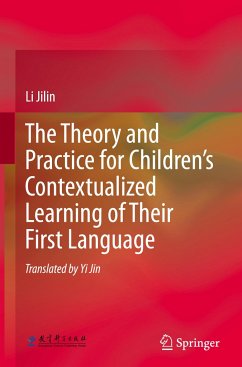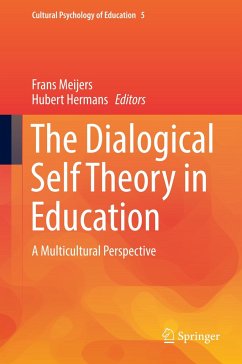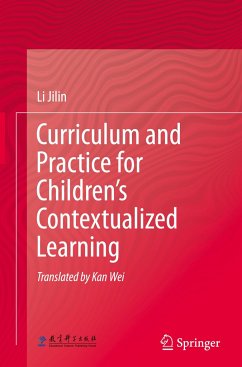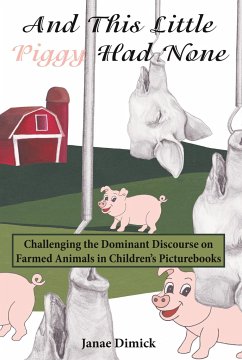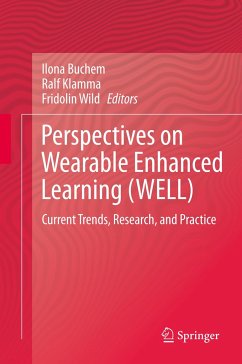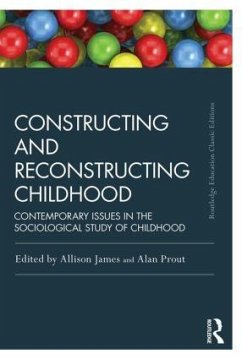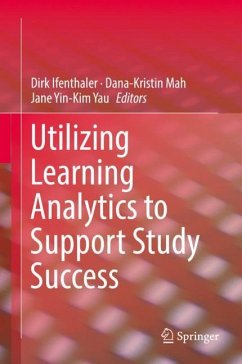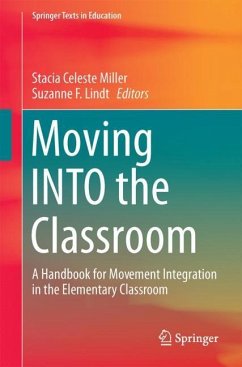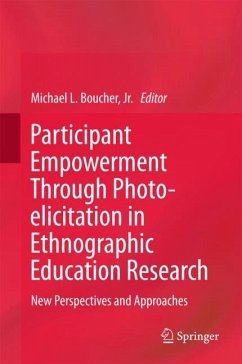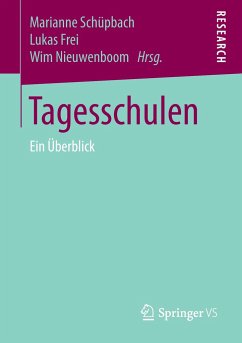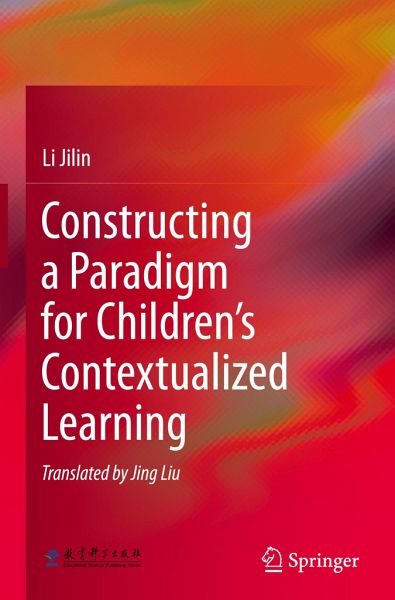
Constructing a Paradigm for Children's Contextualized Learning
Versandkostenfrei!
Versandfertig in 6-10 Tagen
98,99 €
inkl. MwSt.
Weitere Ausgaben:

PAYBACK Punkte
49 °P sammeln!
This book focuses on summarizing four elements from the classic Chinese literary theory: truth, beauty, emotion and imagination. Based on the latest findings from learning sciences and brain science, it elaborates on the reasons for creating contexts in language teaching. It also shows how the aesthetical theories can be used to nurture contextualized instruction and presents six major approaches for creating contexts: creating contexts with real objects, representing contexts with pictures, evoking contexts with music, experiencing contexts with acting, unfolding contexts with real life, and ...
This book focuses on summarizing four elements from the classic Chinese literary theory: truth, beauty, emotion and imagination. Based on the latest findings from learning sciences and brain science, it elaborates on the reasons for creating contexts in language teaching. It also shows how the aesthetical theories can be used to nurture contextualized instruction and presents six major approaches for creating contexts: creating contexts with real objects, representing contexts with pictures, evoking contexts with music, experiencing contexts with acting, unfolding contexts with real life, and describing contexts with languages. The author is a practitioner with over 30 years of practical research experience and all their studies are discussed in this book.



